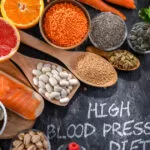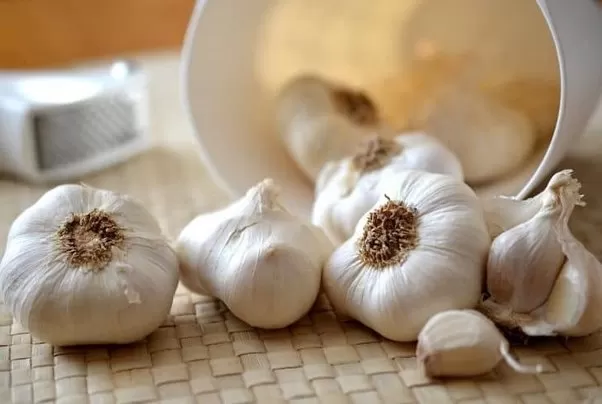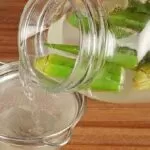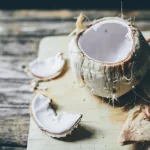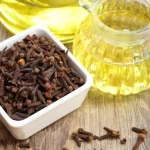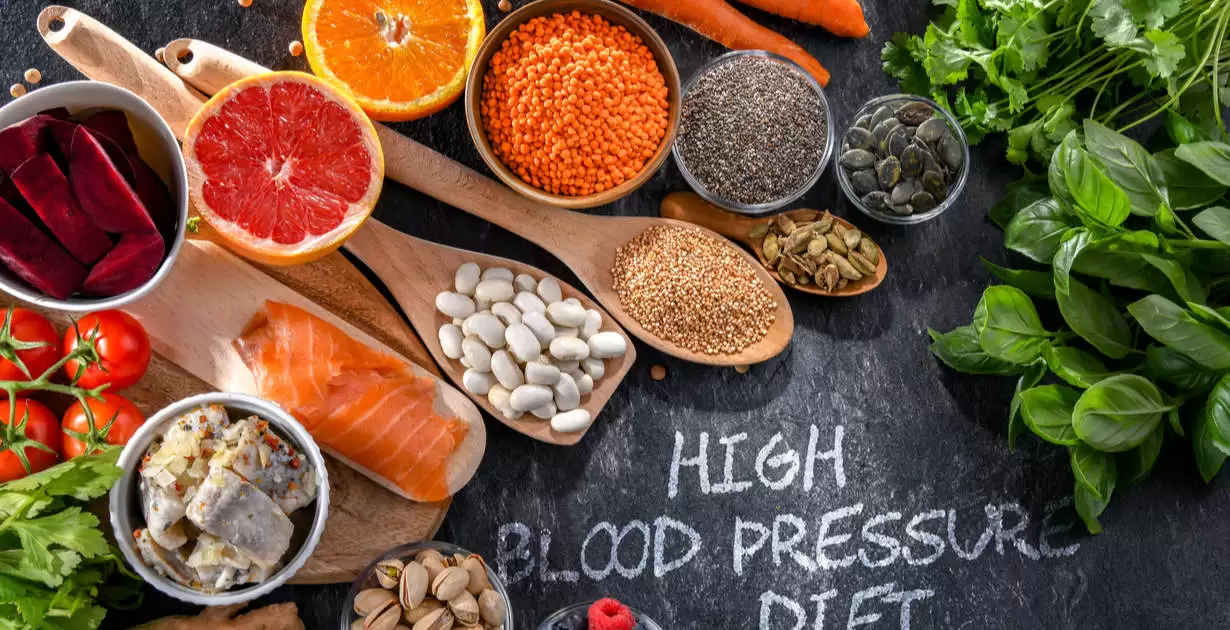Who should not drink garlic water?
Who should not drink garlic water? Well, garlic, known for its pungent flavor and various health benefits, is a popular ingredient in many cuisines worldwide.
However, while garlic is generally safe for consumption and offers potential health perks, there are certain individuals who should exercise caution or avoid garlic water altogether. Here’s a detailed exploration of who should consider avoiding garlic water:
- Allergic Reactions:
Garlic belongs to the Allium family, which includes onions, leeks, and chives. Individuals allergic to any member of this family may also be allergic to garlic. Allergic reactions to garlic can range from mild symptoms like itching or swelling to severe reactions such as difficulty breathing or anaphylaxis.
If you have a known allergy to Allium plants, it’s crucial to avoid garlic water and consult an allergist before consuming any form of garlic.
- Blood-Thinning Medications and Bleeding Disorders:
Garlic has natural anticoagulant properties, meaning it can potentially thin the blood and inhibit platelet aggregation.
For individuals already taking blood-thinning medications (anticoagulants) like warfarin or aspirin, adding garlic water to the diet can increase the risk of bleeding.
Similarly, those with bleeding disorders such as hemophilia should avoid garlic water due to its potential to exacerbate bleeding tendencies.
- Gastrointestinal Sensitivities:
Garlic is notorious for causing gastrointestinal discomfort in some people. Common issues include acid reflux, heartburn, bloating, and gas. If you have a sensitive stomach or suffer from gastrointestinal conditions like gastroesophageal reflux disease (GERD), consuming garlic water may aggravate these symptoms. It’s advisable to consult with a gastroenterologist or healthcare provider before incorporating garlic water into your diet.
- Pre- and Post-Surgical Considerations:
Individuals scheduled for surgery or those who have recently undergone surgery should avoid garlic water. Garlic’s ability to thin the blood and potentially affect clotting can pose risks during surgical procedures and recovery.
Surgeons typically advise patients to stop consuming garlic and garlic supplements well in advance of surgery to minimize complications related to bleeding.
Safety Precautions and Consultation:
While garlic water is celebrated for its potential health benefits, including immune support, cardiovascular benefits, and antimicrobial properties, its use should be approached cautiously under certain circumstances.
If you fall into any of the aforementioned categories, it’s essential to seek medical advice before incorporating garlic water into your daily routine.
Understanding who should avoid garlic water is essential for ensuring safe and beneficial consumption of this popular natural remedy.
By respecting these guidelines and consulting with healthcare professionals as needed, individuals can make informed decisions regarding the inclusion of garlic water in their diet, ensuring both safety and potential health benefits.
By following these recommendations, individuals can make informed decisions regarding the inclusion of garlic water in their diet, ensuring both safety and potential health benefits.
When consumed orally, garlic is generally considered safe for most individuals. It has been used safely for periods extending up to 7 years.

However, some people may experience side effects such as bad breath, heartburn, gas, and diarrhea, with these symptoms often more pronounced when consuming raw garlic. Additionally, garlic has the potential to increase the risk of bleeding and may trigger allergic reactions in certain individuals.
When applied topically to the skin, garlic products are typically considered safe for short-term use. Gels, pastes, and mouthwashes containing garlic have been applied safely for up to 3 months.
However, it’s important to note that raw garlic can potentially cause skin damage akin to a burn and may lead to severe skin irritation. Therefore, direct application of raw garlic to the skin is generally considered unsafe.
Oral Use:
Garlic is widely regarded as safe for oral consumption over extended periods, with usage documented for up to 7 years without significant adverse effects in most cases. However, some individuals may encounter side effects such as:
- Bad breath: Garlic’s strong odor can persist after ingestion.
- Digestive discomfort: Including heartburn, gas, and diarrhea, which may be more pronounced with raw garlic.
- Potential bleeding risk: Garlic’s natural anticoagulant properties can increase the likelihood of bleeding, particularly problematic for those taking blood-thinning medications.
- Allergic reactions: While uncommon, some people may experience allergic responses to garlic, ranging from mild itching to severe anaphylaxis.
Topical Use:
When used on the skin, garlic products like gels, pastes, and mouthwashes are generally safe for short-term applications up to 3 months. These formulations are often used for medicinal purposes without causing significant harm. However, raw garlic applied directly to the skin can pose risks:
- Skin damage: Raw garlic has the potential to cause skin irritation similar to a burn, particularly in sensitive individuals.
- Severe irritation: Direct application of raw garlic may lead to intense skin reactions, making it unsuitable for topical use without appropriate dilution or formulation.
Conclusion:
While garlic offers numerous health benefits when consumed or applied appropriately, it’s crucial to be aware of potential side effects and risks associated with its use.
For oral consumption, moderate intake and consideration of individual health conditions are advisable. When considering topical applications, opting for commercially prepared garlic products rather than raw garlic can minimize the risk of adverse skin reactions.
As always, consulting with a healthcare professional before using garlic for therapeutic purposes is recommended, especially for those with existing medical conditions or allergies.

A graduate of Computer Science and Information Management Technology. Diploma – Caregiving, Certificates – Dementia and Diabetes Awareness and Management. A researcher, blogger, songwriter, singer and acoustic guitarist. Born in an environment where natural talents such as healing are imparted at our natural birth. This natural talents of healing is the result of our genetic inheritance and the training from family environment.


